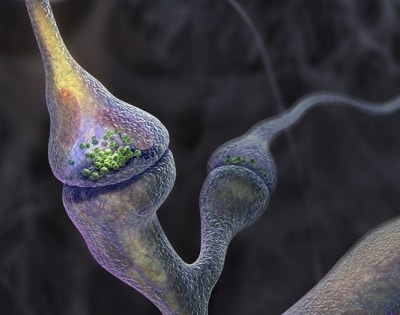MANAGING YOUR DIABETIC NEUROPATHY
BY CAROL DUFF RN
Painful diabetic neuropathy is a complication quite common in diabetics and can affect all areas of life and limit daily functioning. Neuropathy can affect as many as 50% of diabetics and is a common complication.
Years of out of control blood sugar levels can affect the peripheral nervous system (arms, hand, legs, and feet) as well as the circulatory system, kidney function, eye health, and various other areas of the body. As many as 40-60 % of lower extremity amputations are due to diabetic peripheral neuropathy.
Even if there is no amputation involved, there may still be impaired sleep, limitation in movement, and a deleterious affect on overall enjoyment of life….
Diabetic neuropathy is defined as the signs and symptoms of peripheral nerve dysfunction in people who have diabetes after all other causes for neuropathy are ruled out. The pain associated with painful diabetic neuropathy (PDN) may be increased if the areas are touched.
Not everyone would describe the sensations that they feel as painful. Some will have a loss of normal sensation due to nerve damage and will not be aware that they have neuropathy until they are injured or develop a skin ulcer. The pain may be described as electrical, stabbing, burning with loss of sensation, hyper activeness of sensation, and/or deep aching.
Typical symptoms of neuropathy that are painful are burning pain, knife-like, electrical sensations, squeezing, constricting, hurting, freezing, and throbbing. Symptoms of non-painful neuropathy can be described as asleep, “dead,” numbness, tingling, and prickling.
PDN is usually greatest at night, progressive, and chronic, involving the lower legs and feet, but may also involve the hands. Since the pain is unrelenting it will affect sleep, moods, independence interpersonal relationships, the ability to work, and feeling of self-worth.
Physical screening for neuropathy should be done at least yearly. The physical exam may show a decrease in vibratory and pressure sensations. Temperature sensations may be altered. This is a difficult disease to treat and requires excellent communication between the patient and the care giver.
Particular attention to the feet and prevention of damage to the skin is essential to prevent complications from neuropathy. Contact your care provider if you have any of the signs of neuropathy and seek treatment
CAROL DUFF RN IS A REGULAR CONTRIBUTOR ON HEALTH ISSUES

Carol graduated from Riverside White Cross School of Nursing in Columbus, Ohio and received her diploma as a registered nurse. She attended Bowling Green State University where she received a Bachelor of Arts Degree in History and Literature. She attended the University of Toledo, College of Nursing, and received a Master’s of Nursing Science Degree as an Educator.
She has traveled extensively, is a photographer, and writes on medical issues. Carol has three children RJ, Katherine, and Stephen – one daughter-in-law; Katie – two granddaughters; Isabella Marianna and Zoe Olivia – and one grandson, Alexander Paul. She also shares her life with her husband Gordon Duff, many cats, and two rescues.
ATTENTION READERS
We See The World From All Sides and Want YOU To Be Fully InformedIn fact, intentional disinformation is a disgraceful scourge in media today. So to assuage any possible errant incorrect information posted herein, we strongly encourage you to seek corroboration from other non-VT sources before forming an educated opinion.
About VT - Policies & Disclosures - Comment Policy




